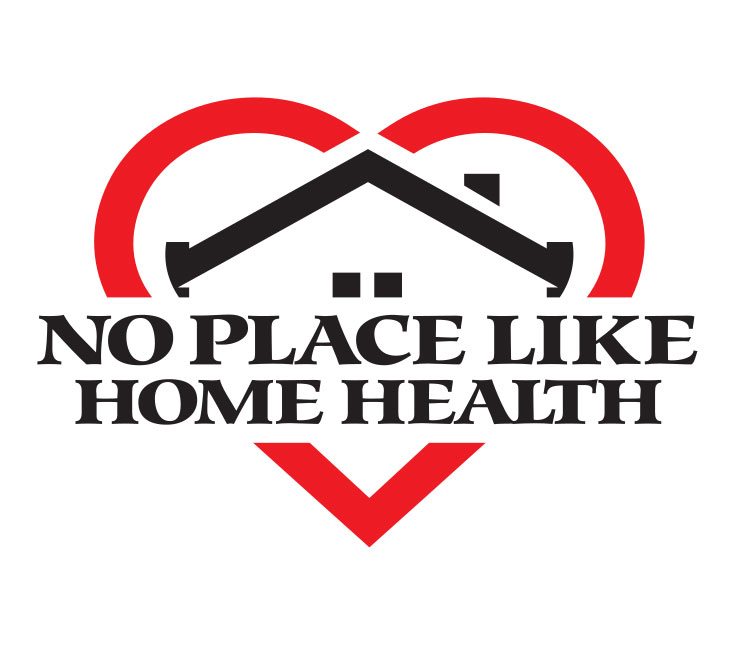Being a Caregiver with Fibromyalgia
Fibromyalgia is defined as a compilation of symptoms that generally involve constant pain, fatigue, and brain fog without a known reason. A person with fibromyalgia struggles daily with chronic widespread pain. While the cause of fibromyalgia is not often known, it has been shown that stress can cause symptoms to flare and can make life especially difficult.
As a caregiver, if you have fibromyalgia, you may find that sometimes providing the care that your parent needs can wreak havoc on your fibromyalgia. And despite the negative consequences that stress can have on your physical health, you still need to provide your parent with the care he needs to live independently. When dealing with a diagnosis such as fibromyalgia and being a caregiver of an elderly parent, it is paramount that you take care of your own health so that you can take care of those around you. Here are some tips to help you live better with this chronic disease.
- Manage stress. There’s no doubt that you will have stress. As a caregiver of an elderly parent, you perhaps have

Caregiver Canton, MI: Fibromyalgia
more stress than most people. Because of that, it’s all the more important that you find healthy and healing ways to manage your stress. Perhaps it’s meditation, prayer, or a walk in a quiet sanctuary. It can also be listening to relaxing music, receiving regular massages, or breathing in calming scents. Find what helps you manage your stress and incorporate it into your daily life, before high stress situations even hit.
- Get plenty of sleep. Unfortunately, one of the common symptoms of fibromyalgia is an inability to get a restful night’s sleep. Whether you find you need to develop a new bedtime routine, buy a better bed, or take a prescription medication to help you sleep, put sleep as one of your top priorities. In order for you to be your best as a caregiver, you need to have adequate sleep to reduce the other symptoms that come with fibromyalgia.
- Exercise regularly. While fibromyalgia causes fatigue and it may seem counter-intuitive, exercising regularly will help you have more energy. Exercise not only reduces fatigue, but it can also reduce pain. Find an exercise like walking, swimming, or yoga that you can do each day. Caregiving requires a lot of energy and stamina so keeping up on regular exercise can give you the energy you need to care for your parent.
- Eat and drink well. Speak with your doctor about which foods are best for you to incorporate and which are better to avoid. Many sufferers from fibromyalgia also suffer from low Vitamin D. If you find that is you, incorporate foods that are enriched with Vitamin D to help (and get out in the sun when you can). Caffeine has been shown to have negative effects on some fibromyalgia patients by interrupting sleep patterns so you might want to consider eliminating or reducing the amount of caffeine you have each day.
Living with fibromyalgia means creating balance in your life about what you can do and what you can’t. It’s about being okay with saying no sometimes so you can say yes to the things that matter. Discuss your limitations with family and with your aging parent so that you can continue to be a caregiver without causing undo physical pain and fatigue to yourself.
If you or an aging loved-one is considering Caregiver in Canton, MI please contact the caring staff at No Place Like Home Health, LLC today. 734-259-4200
- How Does Physical Therapy Help Seniors with Arthritis? - March 21, 2025
- In-Home Care Can Help Your Senior Parent Get Around Safely - March 6, 2025
- Comprehensive Care Plans for Seniors Aging in Place - February 17, 2025
